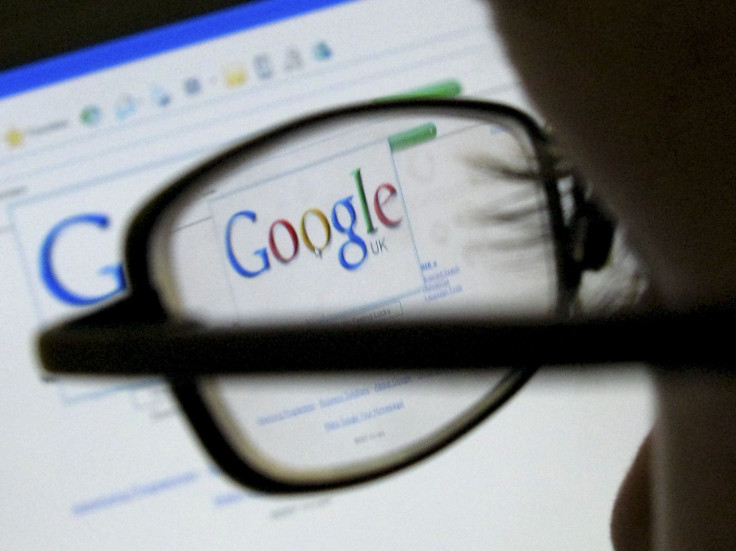Google Gets Extension From EU Antitrust Authority On Search Distortion Case

Google Inc. was granted two more weeks by the European Union to respond to charges of abusing its status as the world’s most popular search engine in nearly a dozen EU countries. The original deadline was set for Monday.
The European Commission, the EU's antitrust authority, accused the search giant in April of distorting its search results in order to favor its own shopping service. Under Google’s search results, users don’t see the most relevant results in response to their queries, which harms the service’s users and stifles innovation, according to the commission's charges.
However, European Commission spokesman said Friday that regulators gave Google an extension until Aug. 31 to let the company “fully exercise its rights of defense,” according to The Hill.
“Sending a Statement of Objections does not prejudge the final outcome of the investigation, and we will carefully consider Google's response before taking any decision on how to proceed,” he added, referring to the document that outlines the objections.
If Google loses the case, it could be forced to pay fines up to 10 percent of the company’s turnover.
An anonymous source told Reuters that the Menlo Park, California-headquartered company will not ask for a closed-door hearing to settle the case. Antitrust experts reportedly said that such events rarely swing in favor of a company.
The longstanding case has been going on for five years, but European Competition Commissioner Margrethe Vestager's charges in April escalated the investigation.
Google has often found itself on the wrong side of European regulators. Last May, it was forced to alter its search results in order to respect the EU’s so-called “right to be forgotten.”
Earlier in August, the company announced that it was restructuring itself, with Google’s core businesses becoming a subsidiary of a holding parent company known as Alphabet. According to legal experts, the revamp is unlikely to be related to the antitrust case.
"Some kinds of splits would address the EU's competition concerns. For example, if Google Shopping were an entirely separate company, separately owned and managed, Google wouldn't have an incentive to favor Google Shopping in search results. Same for Google Local, Maps, YouTube, and on down the line. But Alphabet doesn't promise to do anything quite like this," Ben Edelman, a Harvard Business School professor, told Business Insider.
© Copyright IBTimes 2024. All rights reserved.





















